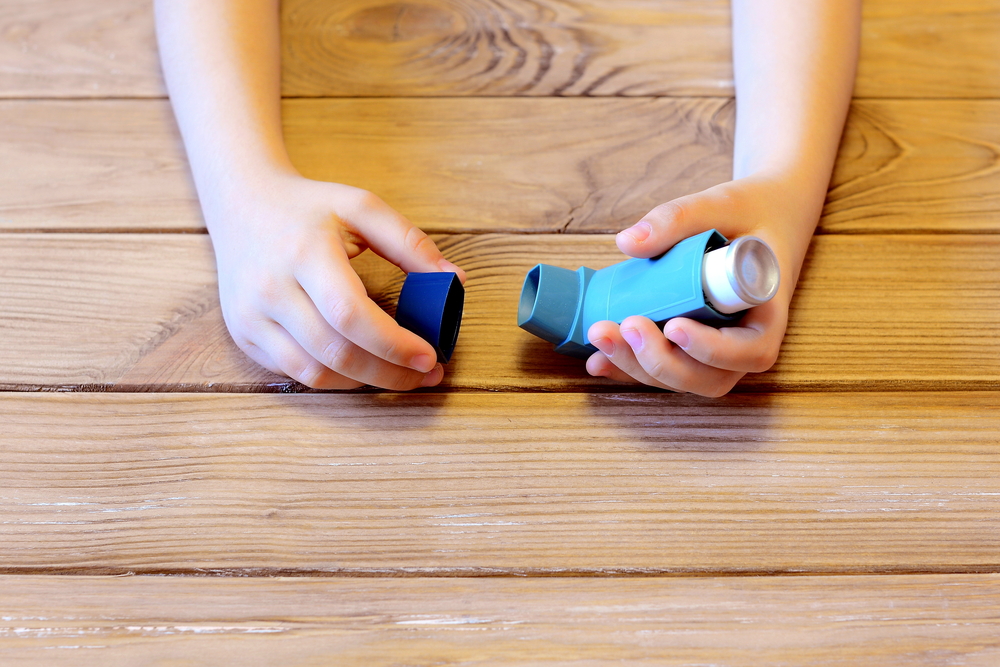Why is Measles such a dangerous infection?
Medically Reviewed by Dr Davinder Nagah
Last updated on 19.06.2023
What is Measles?
Measles used to be a common illness. The MMR vaccine has dramatically reduced the number of cases in Australia, but in recent times there have been outbreaks due to lower uptake of vaccinations in some areas, as well as people returning from countries where Measles is still common. So why is there such concern when Measles outbreaks occur? Unfortunately, Measles can lead to extremely serious complications, some of which can be life-threatening.
- Measles is a highly contagious viral illness. It is estimated an infected person will infect about 90% of non-immune people they have contact with.
- People who have had the MMR vaccination or previous Measles infection will usually be protected from infection.
How is Measles spread?
- Measles is spread by inhaling or swallowing the tiny droplets that are released into the air when an infected person sneezes or coughs.
- It can also be spread by touching something that an infected person has touched, and then touching your own nose or mouth.
- A person is contagious for 4 days after the rash appears, but also for a few days beforehand.
What are the symptoms of Measles?
Symptoms of Measles take 10 to 14 days to appear following exposure to an infected person. Before the Measles rash develops, it may just seem like a common cold. Symptoms of Measles include:
- Runny nose
- Tiredness and feeling unwell
- Conjunctivitis (red watery eyes)
- Fever
- Cough
- Tiny pale spots with a light blue tinge may appear in the mouth, on the inside of a person’s cheek (“Koplik spots”)
- A few days after symptoms start, Measles rash develops behind the ears, spreading to the face and neck, and then the rest of the body. The spots are red and blotchy- they can be slightly raised but are not itchy.
Measles tends to last about 10 days.
What are the complications of Measles?
Measles is a severe illness with many potential complications.
- Otitis Media (Middle Ear Infection) affects about 9% of people
- Diarrhoea (in 8% of cases, particularly younger children) and vomiting
- Respiratory infections. Pneumonia occurs in 6% of cases.
- 1 in 1000 of people who get Measles will get Encephalitis (inflammation of the brain), which leads to death in 10 to 15% of cases. People who survive Measles Encephalitis often suffer permanent brain damage.
- A late complication of Measles is Subacute Sclerosing Panencephalitis (SSPE). On average, this starts about 7 years after a person recovers from Measles. It is an incurable degenerative brain condition that leads to death.
- Pregnant woman who get Measles are at higher risk of miscarriage or premature labour, but it does not lead to congenital malformations in the baby.
Complications of Measles tend to be worse in children under the age of 5. They are also more severe in adults and in people who have chronic health conditions or a weakened immune system.
Can you die from Measles?
Yes, several of the complications caused by Measles can lead to death- including Pneumonia, Encephalitis and Subacute Sclerosing Panencephalitis (SSPE). Pneumonia is the most common cause of death from Measles, accounting for 60% of fatalities.
How is Measles diagnosed?
Measles is diagnosed by history and examination. Swabs and a blood test may also be performed.
What is the treatment for Measles?
There is no specific treatment for Measles. Rest, fluids and pain relief are usually advised, as well as avoiding other people for 4 days after the rash starts.
How is Measles prevented?
- The risk of getting Measles is reduced dramatically by being immunised.
- All children are offered 2 doses of the MMR vaccine in early childhood, under the Australian National Immunisation Program.
- The Measles vaccine is combined with vaccination against Mumps and Rubella at 12 months and Mumps, Rubella and Chicken Pox at 18 months.
- However, children under 18 months travelling to high risk places or living in areas where outbreaks occur may be able to get earlier vaccination, starting at 6 months.
- People born before 1966 tend to have natural immunity, but it is now recommended that anyone born during or after 1966 who is not immune to Measles should get 2 doses of the MMR vaccine.
Who should get the Measles vaccine?
Measles immunisation is recommended for:
- children aged 12 months and 18 months (free under the National Immuniation Program)
- anyone born during or since 1966 who has not had 2 doses of the measles vaccine
- healthcare workers, people working in early childhood education & childcare, long-term care or other residential facilities (if they have not had 2 doses of the MMR vaccine)
- people who are travelling overseas (if they have not previously had 2 doses of the vaccine)
- People under 20 years old, refugees and other humanitarian entrants of any age, can also receive vaccination against Measles for free under the National Immunisation Program, if they have not previously been vaccinated.
What should you do if you think you have Measles?
If you or a family member, are showing symptoms of Measles, it is important to seek medical advice. It is best to contact your local GP or hospital in advance of attendance, as they may wish to quarantine you from other patients, to prevent spread.
Article Resources
On a vegan diet?- some important things you should know
Vegan diet- a beginner's guide What is a vegan diet? A vegan diet, also known as plant-based, describes one that avoids any animal products. There are many subtypes of [...]
How to get rid of Jock Itch
How to get rid of Jock Itch What is Jock Itch? Jock Itch is a common name for the medical condition also known as "Tinea Cruris". Jock Itch is [...]
Acid reflux- what causes GORD, and how to get rid of it
Acid reflux- what causes GORD, and how to get rid of it Acid reflux is when stomach acid flows from the stomach upwards into the oesophagus. The oesophagus (us-off-a-gus) [...]
Why request an Asthma Action Plan?
Why request an Asthma Action Plan? What is an asthma action plan? A key part of asthma management is the preparation of a written asthma action plan by the [...]
How to get rid of a UTI
How to get rid of a UTI What is a UTI? UTI stands for Urinary Tract Infection (also referred to as a bladder infection or cystitis). UTIs are common, [...]
Lower Urinary Tract Symptoms in Men
Lower Urinary Tract Symptoms in Men What are Lower Urinary Tract Symptoms? ‘Lower urinary tract symptoms’ are symptoms related to passing urine and are common in men as they get [...]











